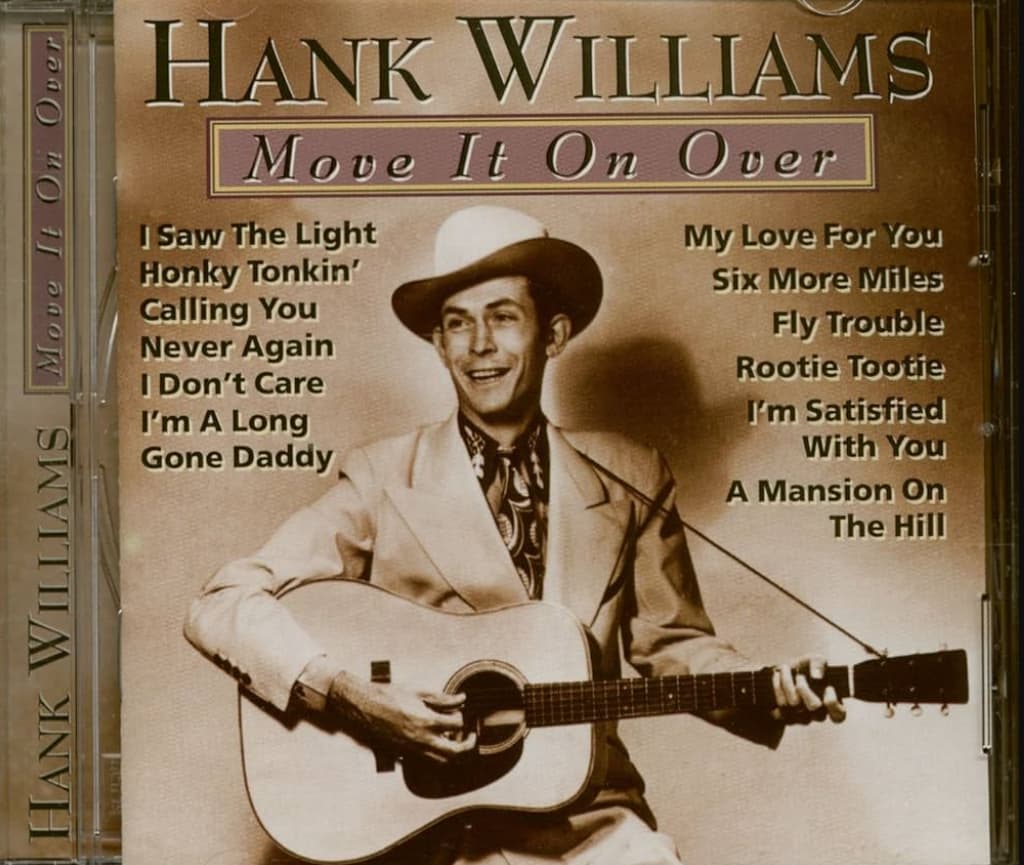
Move It On Over by Hank Williams: A Country Music Staple
In the annals of country music, few names resonate with the same enduring power as Hank Williams. His plaintive vocals, heartfelt lyrics, and effortless guitar work epitomized the genre, earning him the moniker “The Hillbilly Shakespeare.” Among his vast repertoire of country classics, “Move It On Over” stands out as a poignant ballad that encapsulates the complexities of love, loss, and the human condition.
Released in 1947, “Move It On Over” marked a turning point in Williams’ career. While his earlier hits had showcased his upbeat, lighthearted side, this song delved into the darker corners of heartbreak and longing. The lyrics, penned by Williams himself, paint a vivid picture of a man wrestling with the aftermath of a broken relationship. He pleads with his former lover to vacate the shared home, a painful reminder of their shattered dreams.
The song’s emotional depth is further accentuated by Williams’ masterful delivery. His voice, imbued with a raw, aching sincerity, conveys the protagonist’s turmoil with palpable authenticity. Each note drips with heartache, as Williams laments the loss of love and the uncertainty of the future.
“Move It On Over”‘s impact extends beyond its lyrical and vocal prowess. The song’s structure, characterized by its simple yet effective chord progression and steady tempo, creates a sense of unwavering resolve amidst the emotional turmoil. Despite the protagonist’s pain, there’s an undercurrent of strength in his voice, suggesting a determination to move on from the past.
This resilience resonates deeply with listeners, making “Move It On Over” a timeless anthem of heartbreak and healing. It’s a song that acknowledges the profound sadness of loss while offering a glimmer of hope for the future. Williams’ ability to capture such universal emotions with such authenticity is a testament to his enduring legacy as one of country music’s greatest songwriters and performers.
“Move It On Over” has been covered by countless artists across genres, each adding their own unique interpretation to the song’s rich tapestry. However, Williams’ original remains the definitive version, a testament to his unparalleled artistry and the song’s enduring power to touch hearts and souls.